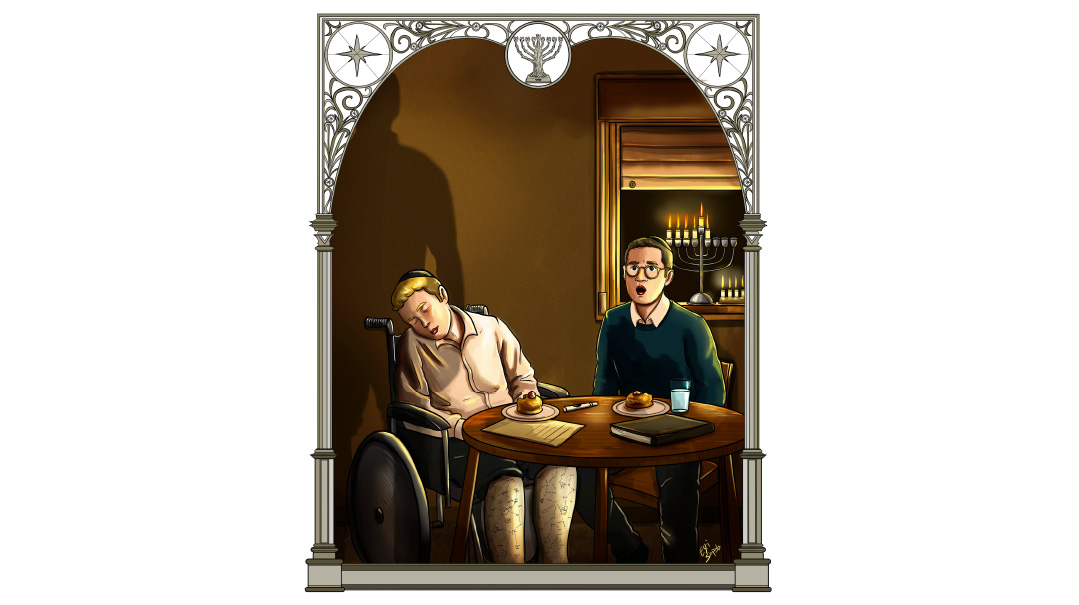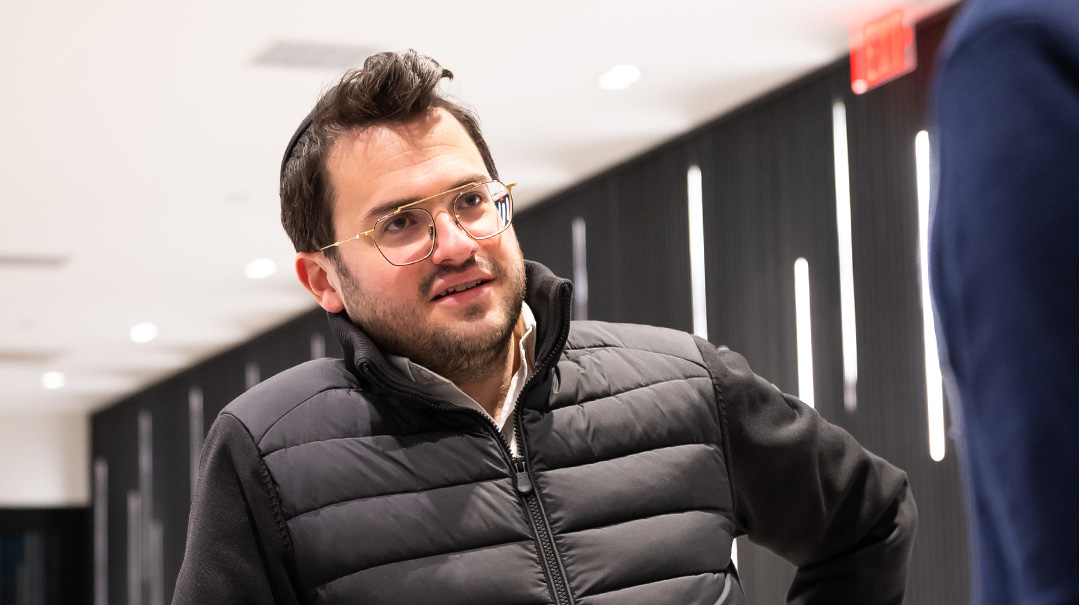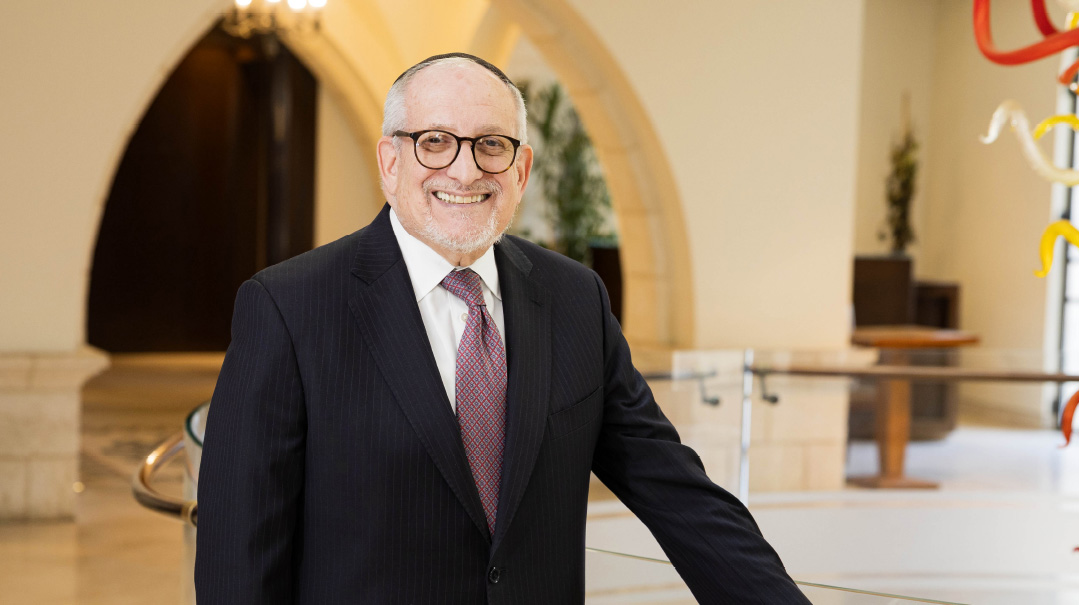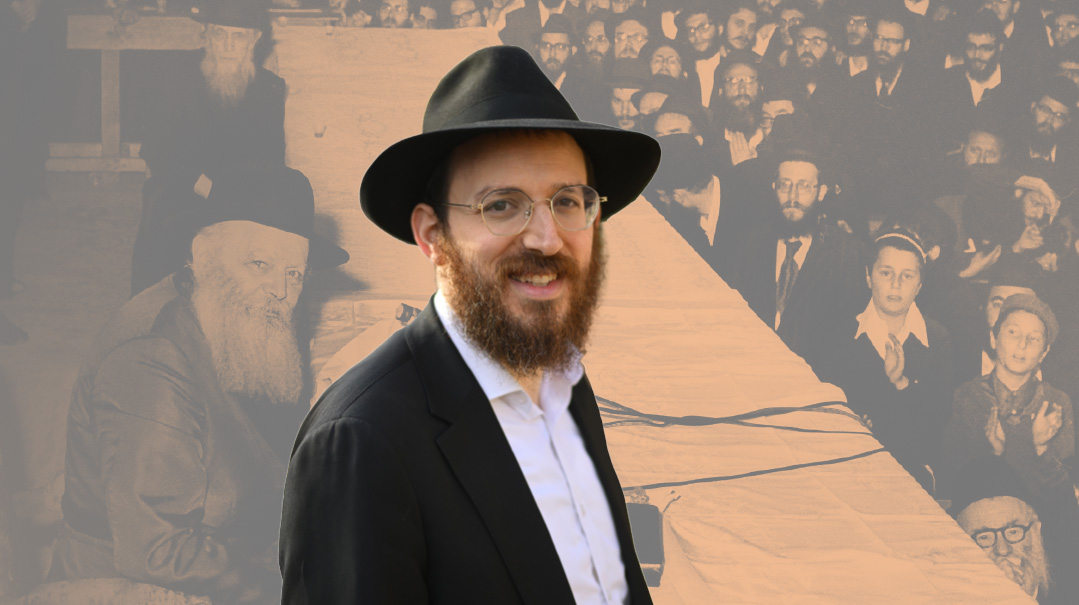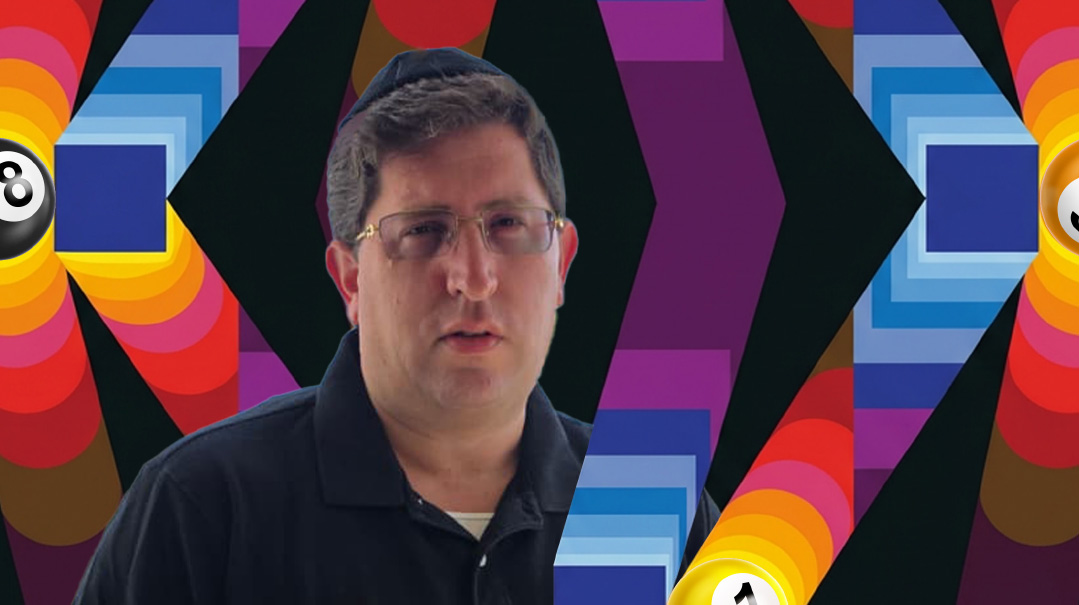Making the Grade
| October 27, 2016
DO YOU LIKE YOUR STUDENTS? “In order to teach them you have to reach them” says veteran principal of Bnos Leah Yeshiva of Prospect Park master educator sociologist and teacher trainer Rabbi Yoel Kramer. “For younger children it’s crucial that they feel their teacher likes them. Older talmidim need much more than that — they need a real kesher with the rebbi. They have to feel that the rebbi loves them and is machshiv them. He has to try and make them feel good about themselves.
A game of baseball is in full force in a crowded yeshivah yard. Captains have been chosen teams picked. The sports crowd is playing hard; one boy sulks because he’s out and a few outsiders are looking on longingly. In another corner sits a small group who aren’t really paying attention — sports are not their thing and they’d rather trade cards. One boy is sitting outside with a book another makes his way solidly through several snacks. And watching the action all around is a man who in the past might have been taking his recess break drinking coffee in the teacher’s room: the rebbi.
Today’s yeshivah rebbi knows there’s even more at stake in his job than his students’ proficiency in Chumash Mishnah or Gemara. Due to many shifting societal factors affecting family dynamics from financial pressures to gender role reevaluations the mechanech’s job description has evolved to include coaching and advocating for his talmidim getting to really know each child personally and spending time with them out of the classroom both as a group and one-on-one. Of course there’s recess duty but today it goes beyond making sure no one gets pushed and no little fellow needs stitches. The rebbi’s antennae are busy gauging: Who is happy? Who is socially awkward? Who is not part of the chevra? For he knows that in order to teach his students he must first reach them. He needs to be aware of individual personalities and do whatever he can to make sure each child enjoys yeshivah and is happy with his level of social integration.
What has changed to bring these teachers into roles outside traditional didactic discipline? Old-time chinuch meant a child saw what his parents did — one zeide gave his boots away to a pauper the other broke the ice to immerse in a mikveh and his mother gave bread to the poor — and that was his main chinuch in Yiddishkeit. Today the child is out of the house for most of his waking hours and therefore his chinuch is entrusted to the authority figures that frame his life for most of the day.
“For a confluence of reasons part of the parenting role has transferred to the school” says Rabbi Hillel Mandel a longtime educator who has served as principal in several American yeshivos and day schools and is today an acclaimed teacher trainer and chinuch consultant throughout the Jewish world.
Large families and realities of parnassah are the primary forces that make such gargantuan demands on parents’ time and resources.

“When teaching Torah the cognitive aspect is not enough” says principal teacher trainer and international chinuch consultant Rabbi Hillel Mandel. “The affective component is absolutely critical. We should be as concerned with children ‘loving’ to learn as we are with how ‘much’ they learn.”
Rabbi Yissachar Weiner menahel of Yeshiva Tiferes Yisroel of Flatbush for the last 20 years agrees. “I grew up in a family of ten children but then few of my classmates had a family that size. Today? Kein ayin hara ten children is ordinary and that’s with both parents working. If just one child has an issue that could drain the parents. And what if there are multiple issues? Parents have so many responsibilities.”
Orthodox society has created certain expectations for mothers who often feel pressured into becoming exceptional multitaskers in order to fill all those roles — from taking regular exercise classes to producing fluffy home-baked challah from breadwinning to elegant hosting from carpooling to being supportive wives and dutiful daughters. With everything needing to be done so well something has to suffer from that strain.
Oops! We could not locate your form.

